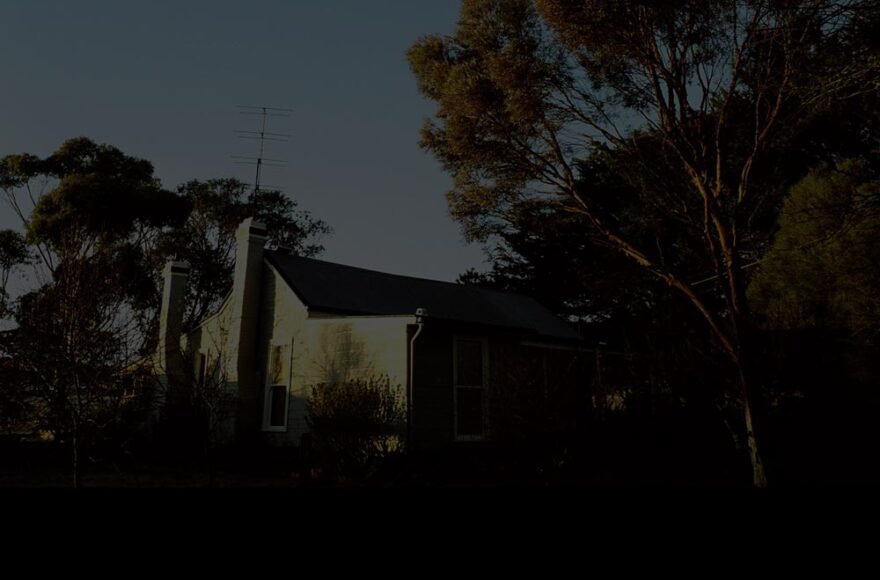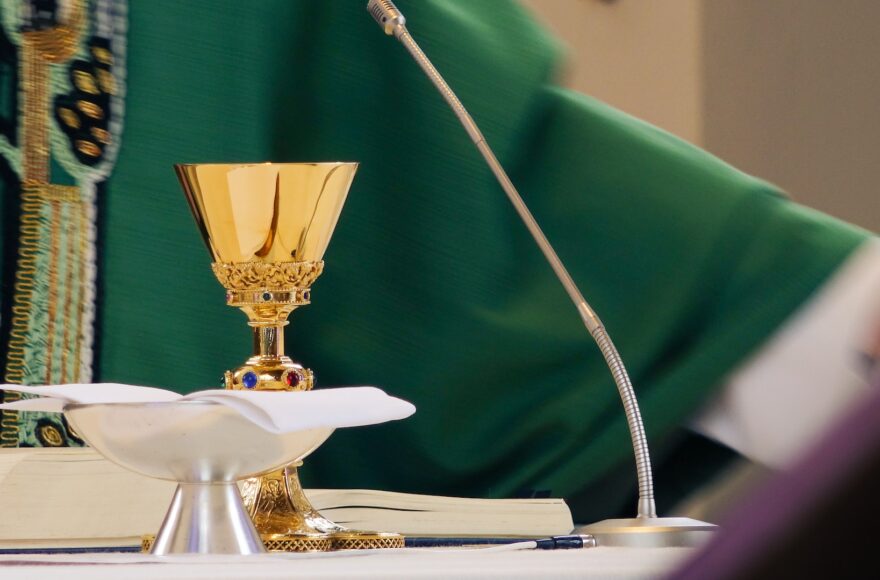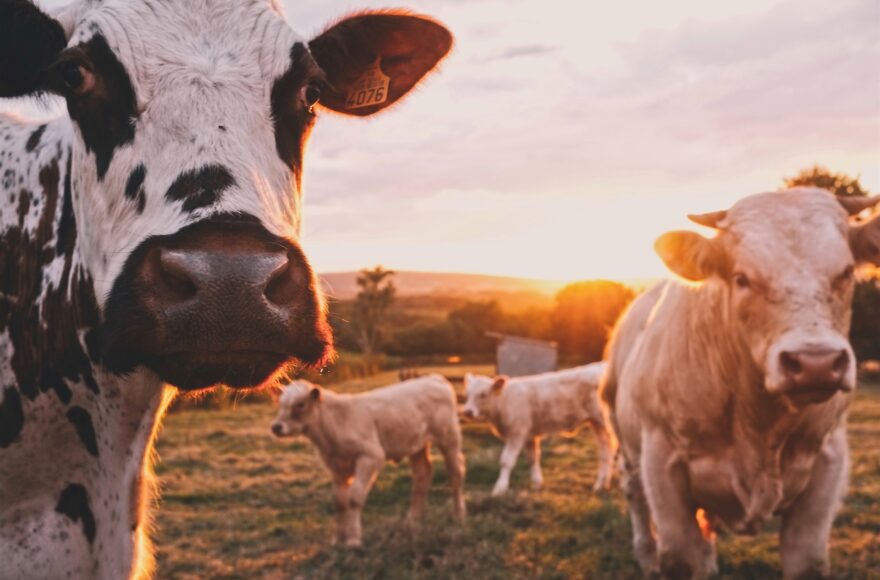On the way home

“Hey, where did Joe disappear to?” my father would say once we were outside. He would look around, faking a worried look.
“Mmm, I don’t know”, my mother would respond. There would be a smile on her face as she felt I was safely hidden inside her commodious coat. “He must have run off home ahead of us.”
My brother would just roll his eyes.
Like most of my memories of these evenings, it is always a dark, winter night. A slice of the moon can be seen amongst the clouds. The streetlights shine a dull glow onto our path. I can see each family member’s breath through an opening in my mother’s coat as it rushes out in a visible mist.
My brother rubs his hands to warm them but fails. He finally just places them into his pockets.
My father starts to sing the only three lines he knows from “La Donna e mobile, Qual piuma al vento, la la la la la la,” and then just hums the rest or makes a sound like actual words.
As an eight-year-old music critic, I considered his voice “ok”. It had a sonorous depth; however, the more extended notes he attempted to hold tunefully always fell away into an awkward, breathless squeak. Tonight, he enjoyed a few homemade wines. At a much later stage, I quickly learnt that to call his homemade stuff “wine” was an overstatement. It went down like barbed wire and sat in your stomach like acid. But he was so proud of his brew and rarely drank anyone else’s. “Why should I?” he would ask. “I made this with my own hands.”
We are walking our way back home from relatives we call “Uncle” and “Aunt”, but they are neither. It is just a term of respect. We didn’t possess a television yet, and so every Sunday (or so it seems to me in my memory), we spent the night sitting in front of that wonderous invention with its moving pictures (John Wayne westerns and war movies), and talk shows (In Melbourne Tonight with Graham Kennedy).
On the way home, as usual, I hide under my mother’s large ankle-length coat for as long as I can. It engulfs us both in its woollen warmth. The only way to tell there are two humans inside this cavernous piece of clothing is if you look down where two pairs of shoes stick out.
My mother’s arm is always around my shoulder, holding me close and safe. I peer out at this cold world where I don’t feel like I belong. But I am not the only one. My brother is an uncomfortable teenager who is finding it hard to assimilate into the new school, new language, and new friends. My mother would miss her family terribly. And tonight she has four legs. My father is mumbling his way through a song from Verdi’s Rigoletto.
It’s all as strange as an Italian migrant on a surfboard catching a wave on Bondi beach.
It’s my mother and her coat that keep us safe and together. Every family needs that stabilising force. Fathers always think they are that force due to their earning capacity, which is usually one of the least essential elements to a family’s unity.
The mother builds the nest, furnishes it, makes it safe, comfortable, and provides the space for you to grow.
For my mother a lot of this nourishment was provided in her cooking. Her grandchildren often referred to dinner at the grandparents as going to MacNonna’s.
———————
At her funeral, I included this in my speech about her:
A few years ago, I asked my mother to write down a few of my favourite recipes.
* LasagneRavioli di Ricotta
* Pasta a Fieno
* Penne a Gambretti
* Torta di Ricotta
This is the bit I don’t understand. There are no secret herbs and spices, no exotic ingredients. She didn’t keep her recipes to herself but was very gracious with her time and help. They’re very simple. My favourite, The Torta di Ricotta, includes things like:
* a couple of cups of self-raising flour
* 5 spoonfuls of milk
* 150gm of butter
* 100gm of sugar
* two eggs
* a pinch of cinnamon
* and a tub of ricotta
You make the base.
And then you mix the ricotta with the eggs, add a small cup of black coffee, the cinnamon, vanilla, grated lemon zest and small bits of chocolate. “Dopo butarla sulla pasta preparata e mette sopra le mandorli e canella”.
Put it in the oven for half an hour at 180.
Sounds pretty easy. So what was so special?
Why could no one else capture that special ingredient that she was able to add? I looked in her cupboards, under the sink, but I never found it.
And then I realised it wasn’t just a pinch of this or a dash of that. But it was a whole lot of love that was the special ingredient.
So, the Torta di Ricotta would always taste different to me because she knew it was my favourite. The pie for Francesca, the lasagne for Rowena, the pasta for Alex, the biscotti “scaurati” for my brother, the cotoletti for David, the pizza for Andrew, Simon and Justin, would always be special for that special ingredient called love which she knew how to use with the same skill as a chef with salt and pepper.
So, what is today really about?
It’s not that you miss the pie or the cake or the pasta. You miss the ingredient.
You’ll miss the love.
——————
As we were leaving the church following the funeral, an Indian Gentleman, one of the hearse drivers, came up to me and said, “You know, I remember my mother exactly the same way. I could have said exactly the same thing.”
Different nationalities, different ages, different cultures, same motherly instincts.
For a long time after her passing, I would reach for my mobile as I left work, thinking to myself, “I haven’t spoken to my mum for a while, I should give her a call.” I would find the number and then realise no one would answer anymore.
When we got home, my mother would open her coat. “Oh, my goodness”, she would say, surprised “look what I found; I thought we had lost you.” She would smother me with a big hug. And my brother would roll his eyes.

